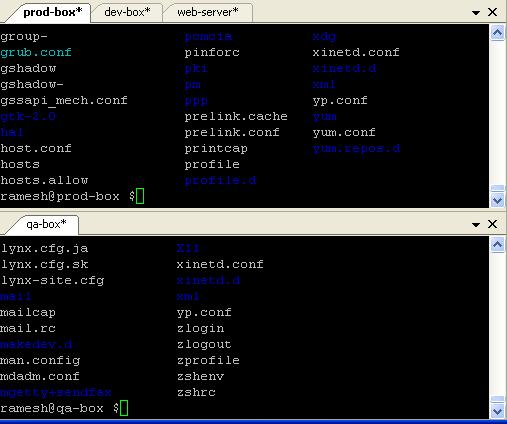

That’s all folks! You’re now equipped with the knowledge to install PuTTY on any Linux distro, in any environment. You’re in luck because it is open-source and the source code is available to download putty from the official putty website using the following wget command.

It’s possible that you want to get your hands ‘ dirty‘ and build the SSH client from scratch yourself. PuTTY is available to install via the distro’s default package manager. Install PuTTy on CentOS, RHEL, Fedora, Rocky & AlmaLinux $ sudo apt-get install puttyĪrch Linux and its derivatives can also install PuTTY from the default repositories. Just like for Ubuntu, PuTTY is available for Debian and all its distros via aptitude (i.e. Happy you :-) Putty on Ubuntu Install PuTTy on Debian Launch PuTTY to see that its UI mirrors that of the windows version. Install PuTTy on Ubuntu and Linux Mintįirst, you’ll have to enable the universe repository so that you can access its packages, update your system to recognize its new access rights, and then run the install command. For instance, you can install PuTTY on Ubuntu and its derivative distros via the universe repository. PuTTY is available to install from the default official repositories in most Linux distributions. Here are the steps to take in order to install PuTTY on the Linux distro of your choice. It is possible for your own reasons for wanting to use PuTTY on GNU/Linux are different.


 0 kommentar(er)
0 kommentar(er)
